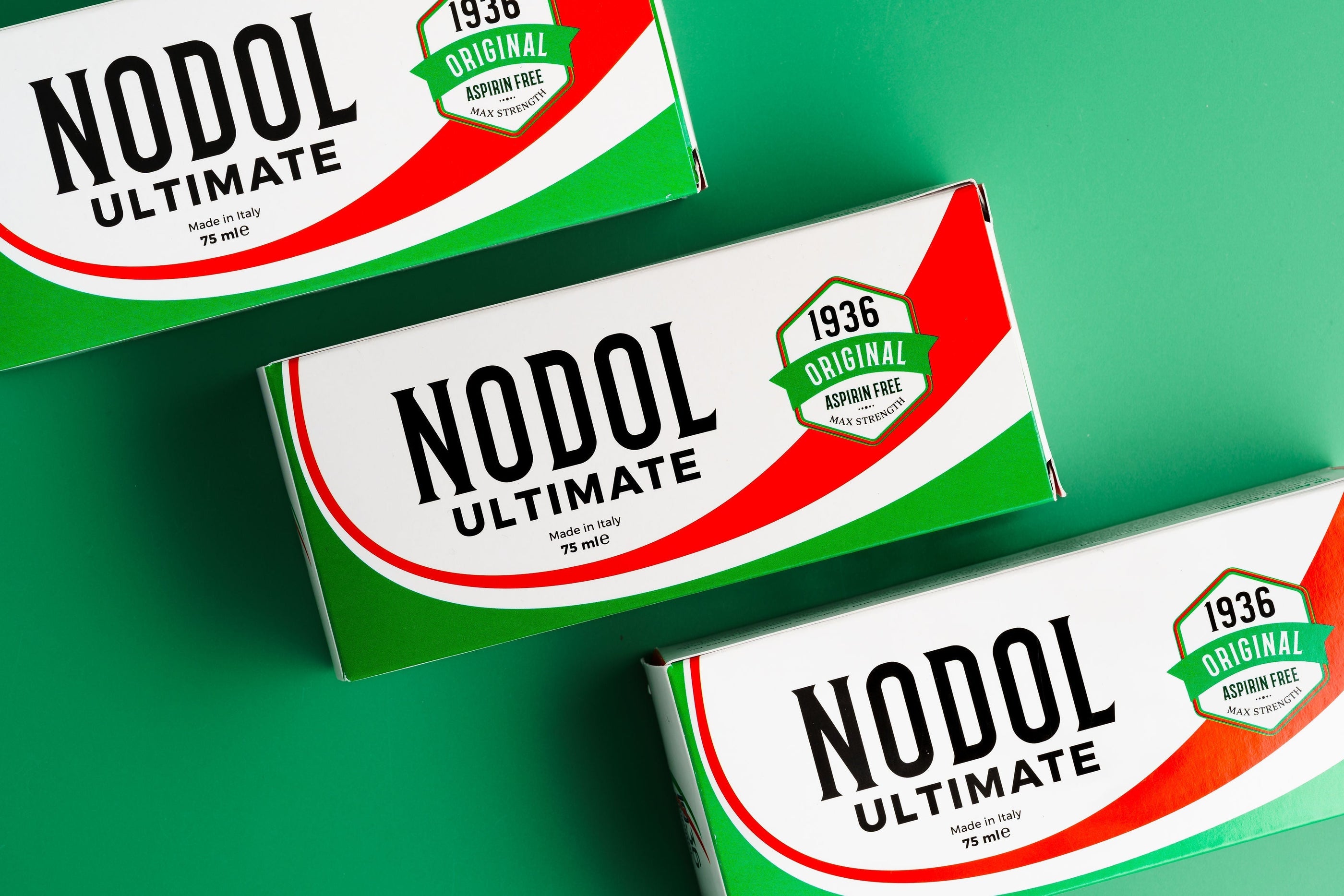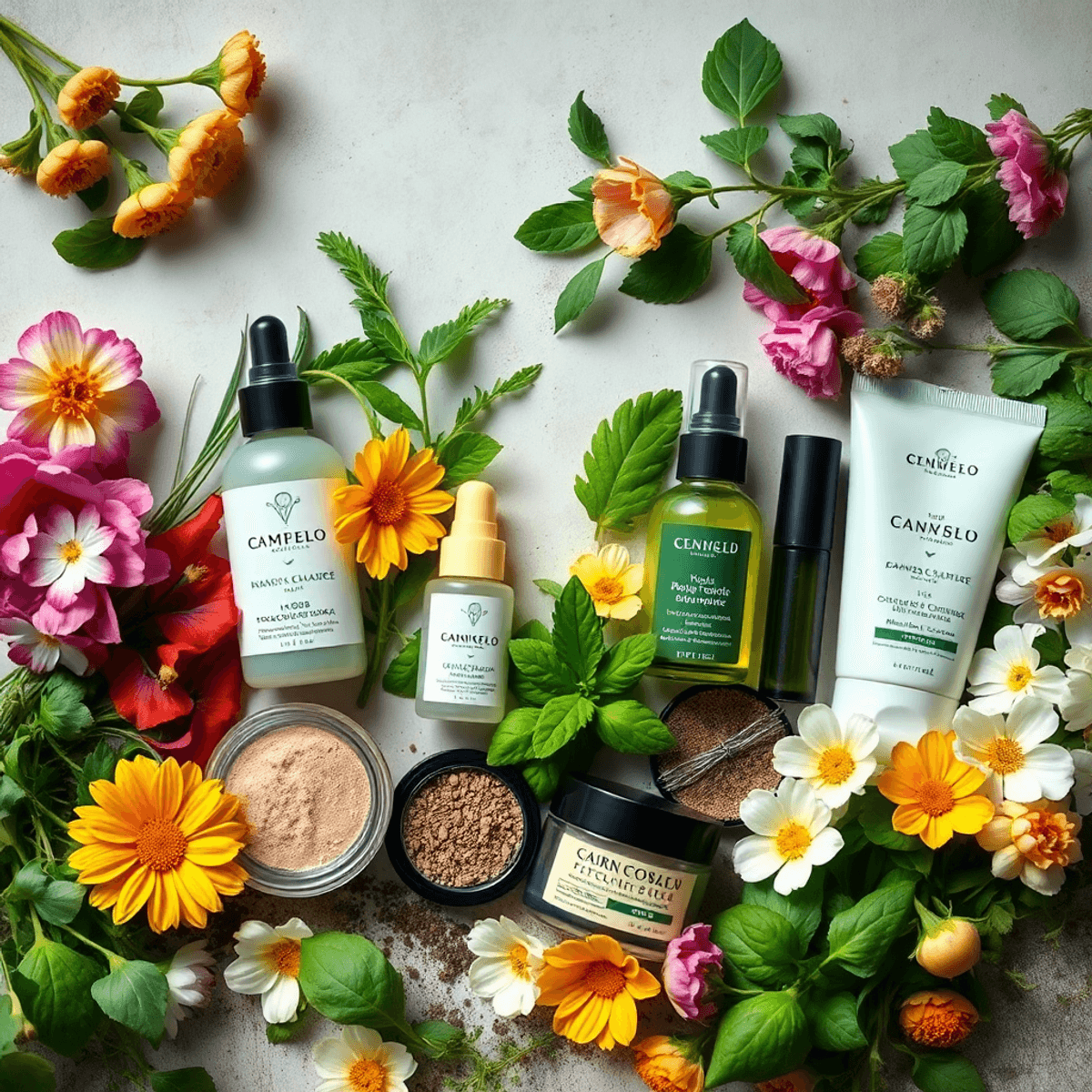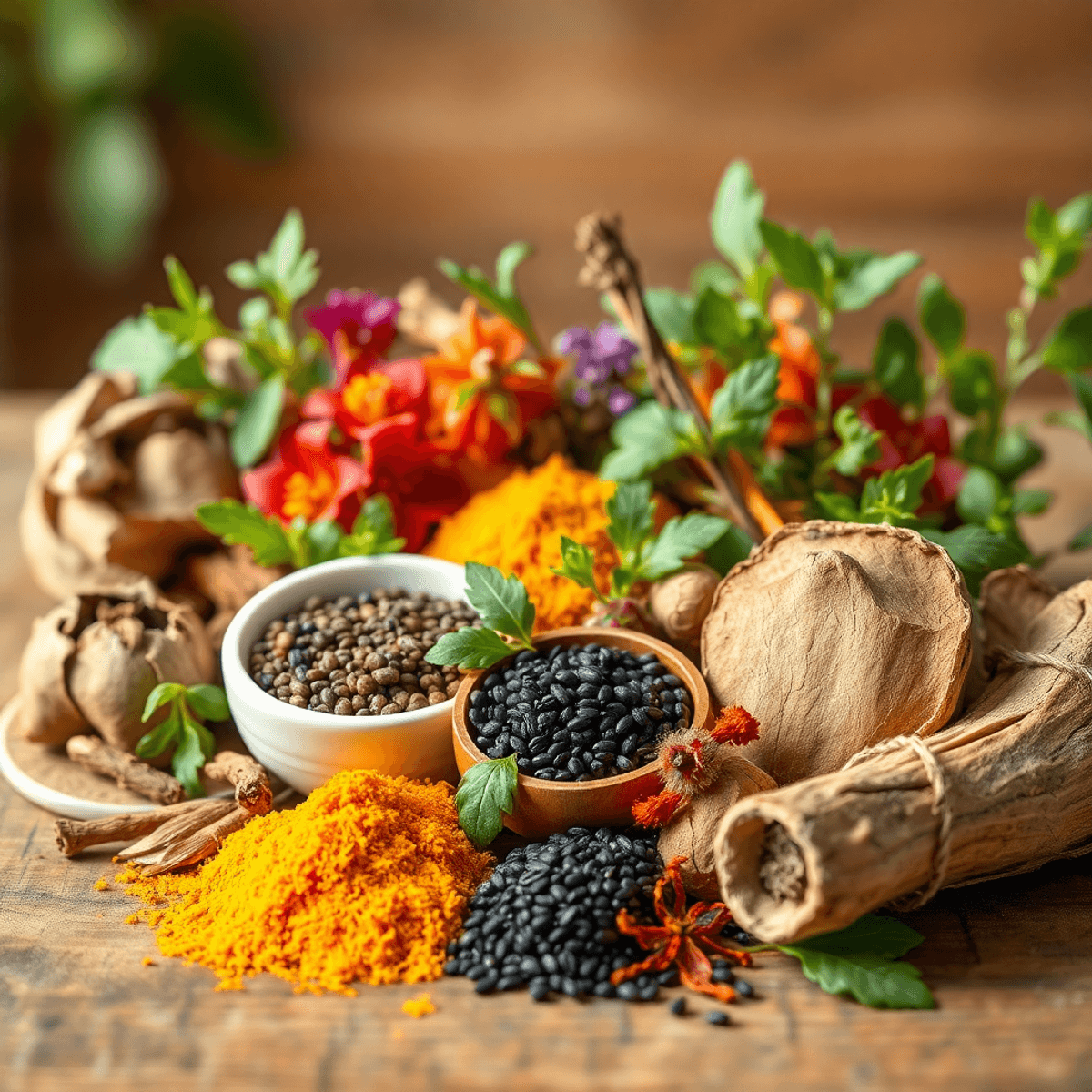Why Water Can Be the Worst Thing for Dry Skin

Introduction
Water is often seen as a cure-all for various health issues, but it might not be the best solution for those with dry skin. Why water can be the worst thing to clean dry skin becomes clear when you think about how it can actually make dryness and irritation worse. For people with dry skin conditions, it's important to understand how to balance hydration with keeping a healthy moisture barrier.
While water is essential for overall health, it can actually harm dry skin. Things like hard water and washing too much can strip away the natural oils from your skin, leaving it dry and irritated. In this article, we'll look at the effects of water on the skin and why it might not always be good for cleaning dry skin. We'll also explore other cleansing methods that focus on hydration and offer a better approach to skincare. By highlighting the importance of skincare, we want to give you practical tips on the best cleanup for dry skin.
Understanding Dry Skin
Dry skin is a common condition characterised by a lack of moisture in the skin's outer layer. Symptoms often include flakiness, itching, redness, and a feeling of tightness. Though it's prevalent, understanding the intricacies of dry skin is crucial for effective management.
Factors Contributing to Dry Skin
Several factors contribute to dry skin:
- Environmental elements: Cold weather, low humidity levels, and excessive exposure to indoor heating systems can sap moisture from the skin.
- Genetic predisposition: Some individuals are genetically inclined to have dry skin due to inherited conditions that affect the skin's ability to retain moisture.
- Lifestyle choices: Frequent washing and exposure to harsh chemicals or skincare products can strip the skin of its natural oils.
The Role of the Moisture Barrier
A key aspect of maintaining hydrated and healthy skin is the moisture barrier, which serves as a protective shield. This barrier helps retain moisture while blocking irritants and pathogens. When compromised, it can lead to increased water loss and heightened sensitivity.
Understanding these underlying causes allows you to better address dry skin issues. By protecting and enhancing your moisture barrier, you create a foundation for healthier, more resilient skin.
The Negative Impact of Water on Dry Skin
Hard water effects on dry skin are significant, primarily due to its high mineral content. Hard water contains elevated levels of calcium and magnesium, which can wreak havoc on the skin's natural moisture barrier. This barrier is essential for retaining hydration, but when disrupted by hard water, it leads to increased dryness and irritation.
The minerals in hard water not only make soaps less effective but also leave a chalky residue. This residue can clog pores and exacerbate conditions such as dermatitis and eczema. Individuals with dry skin may find that their symptoms worsen when exposed to hard water regularly.
pH balance is another critical factor affected by hard water. The skin's optimal pH is slightly acidic, which helps protect against harmful bacteria and environmental stressors. However, the alkaline nature of hard water can alter this balance, making the skin more prone to issues like eczema. For those genetically predisposed to skin conditions, maintaining the correct pH balance becomes even more crucial.
Understanding these impacts highlights the need for alternative cleansing methods and appropriate product choices to mitigate the adverse effects of hard water on dry skin.
Cleansing Techniques That Won't Worsen Dryness
Frequent washing can lead to the stripping away of natural oils essential for maintaining skin hydration. This process, known as overwashing, removes the protective layer that helps retain moisture, leaving dry skin even more vulnerable.
The temperature of water used during cleansing also plays a crucial role in skin health. Hot water is particularly harsh, leading to increased moisture loss by dissolving natural oils more effectively than warm water. Opting for warm water instead can help preserve these oils while still providing effective cleansing.
To minimise water exposure and prevent dryness:
- Limit showers or face washes to once daily.
- Use lukewarm water instead of hot.
- Pat the skin gently with a towel rather than rubbing it dry.
A gentle cleansing routine tailored for dry skin should incorporate:
- Shorter duration baths or showers.
- Fragrance-free and non-soap cleansers that are mild on the skin.
- Avoiding abrasive washcloths or sponges that may irritate sensitive areas.
Understanding why water can be the worst thing to clean dry skin underlines the importance of adopting these gentle practices. Such methods maintain hydration without compromising the integrity of your skin's natural barrier.
Choosing the Right Products for Cleansing Dry Skin
Selecting appropriate products is crucial for maintaining the health of dry skin. Hard water interacts with soap particles, reducing their effectiveness and leaving residues that can exacerbate dryness. This interaction often leads to clogged pores and irritation, making it necessary to choose cleansing products wisely.
Harsh Soaps and Antibacterial Products:
- Harsh soaps are notorious for stripping the skin of its natural oils, leading to increased dryness and irritation.
- Antibacterial products often contain ingredients that can be too aggressive for sensitive or dry skin types, potentially causing more harm than good.
Recommendations for Mild and Fragrance-Free Cleansers:
For those with dry skin, opting for mild cleansers is essential. These products cleanse without over-drying, preserving the skin's natural moisture barrier.
- Fragrance-free options: Avoiding added fragrances reduces the risk of irritation.
- CeraVe Hydrating Cleanser: A popular choice in face cleansing for dry skin; it includes ceramides and hyaluronic acid to help maintain hydration.
- Dry Cleansing Techniques: Consider using waterless options when possible, such as micellar water or cleansing balms designed for sensitive skin types.
In addition to these recommendations, it's also beneficial to incorporate specialised creams into your skincare routine. For example, the Crema Di Matteo Cream, which is designed for conditions like eczema and atopic dermatitis, can provide much-needed relief from severe dryness. This cream is suitable for all ages and offers a gentle formula free from steroids.
These strategies help maintain moisture levels and prevent the exacerbation of dryness caused by inappropriate cleansing products.
Moisturising After Water Exposure: A Crucial Step in Hydration Maintenance
Applying moisturisers immediately after exposure to water is essential for retaining hydration in dry skin. This step helps to lock in moisture before it evaporates, providing a protective barrier against environmental factors. Key moisturising strategies after cleansing with water include:
- Timing: Apply moisturisers within three minutes of washing to seal in the moisture.
- Product Selection: Opt for rich, emollient-based creams or ointments known for their hydrating capabilities.
- Application Technique: Use gentle, upward strokes to apply the moisturiser evenly across your face or body, paying special attention to particularly dry areas.
Emphasising this routine can significantly improve the skin’s hydration levels and overall health.
Building an Effective Hydration Routine for Dry Skin Types
Creating a consistent hydration routine is essential for maintaining moisture levels in dry skin. Vaseline and Eucerin are among the best products for maintaining moisture levels post-cleansing. Vaseline acts as an occlusive barrier, locking in moisture and providing a protective shield against environmental factors. On the other hand, Eucerin offers a deeply nourishing formula that replenishes lost hydration while being gentle on sensitive skin.
When selecting moisturisers, look for products containing ingredients like glycerin, hyaluronic acid, or ceramides. These components help to attract and retain water in the skin, combating dryness effectively.
Other Considerations in Cleansing Practices for Dry Skin Individuals
Understanding the temperature impact on skin during washing routines is crucial for those with dry skin. Using hot water can strip away the skin's natural oils, leading to increased dryness. In contrast, warm water helps maintain these essential oils, reducing moisture loss.
- Hot Water: Removes more natural oils from the skin, exacerbating dryness and potentially leading to irritation.
- Warm Water: Retains more of the skin's natural moisture, making it a better option for those with dry skin conditions.
Prioritising warm water over hot during cleansing routines can significantly improve hydration levels in dry skin types.
Exfoliation Techniques That Can Benefit Dry Skin Without Causing Irritation
Exfoliation plays a crucial role in enhancing dry skin texture by removing dead skin cells and promoting cell turnover. However, for those with dry skin, it is essential to approach exfoliation with caution to prevent irritation.
Safe Exfoliation Practices:
- Frequency: Limit exfoliation to once or twice a week. Over-exfoliating can strip the skin of its natural oils, exacerbating dryness.
- Product Choice: Opt for gentle exfoliants, such as those containing lactic acid or fruit enzymes, which are less likely to irritate sensitive skin types.
- Tool Recommendations: Consider using a skin exfoliation brush designed specifically for dry skin. These brushes are typically softer and provide gentle exfoliation without causing damage.
Exfoliation Brush Use Cases:
- Dry Brushing: This method involves using a dry exfoliation brush before showering to remove dead skin cells and stimulate circulation. It is especially beneficial for areas like elbows and knees where dryness tends to be more pronounced.
- Wet Brushing: In the shower, a dampened skin exfoliation brush can be used with a mild cleanser to gently buff away dullness without over-drying the skin.
Incorporating these techniques into your skincare routine can help maintain smooth and hydrated skin without irritation.
Conclusion
Maintaining hydration in dry skin care requires a thoughtful approach, as water can be the worst thing to clean dry skin if not used mindfully. Recognising the unique needs of your skin type is crucial. While water remains essential, its interaction with hard minerals and high temperatures can lead to unwanted dryness and irritation.
- Tailor Your Routine: Customise your skincare routine based on personal needs and conditions.
- Mindful Water Use: Use warm water instead of hot, and limit exposure to prevent stripping natural oils.
- Select Suitable Products: Opt for mild, fragrance-free cleansers and moisturise promptly after exposure.
Adopting these practices will help mitigate the adverse effects of water on dry skin, ensuring that hydration is maintained effectively. Prioritise understanding your skin's requirements to keep it healthy and nourished.
FAQs (Frequently Asked Questions)
Why is water not always beneficial for dry skin?
Water can actually exacerbate dry skin conditions, particularly when hard water is involved. It may strip the skin of its natural oils, leading to increased dryness and irritation.
What are some common factors that contribute to dry skin?
Dry skin can be caused by various factors including environmental elements like low humidity, harsh weather conditions, excessive washing, and the use of irritating skincare products.
How does the moisture barrier impact skin hydration?
The moisture barrier is essential for maintaining hydrated and healthy skin. It prevents water loss and protects against external irritants. A compromised moisture barrier can lead to increased dryness and sensitivity.
What cleansing techniques should be avoided for dry skin?
Frequent washing with harsh soaps or antibacterial products can strip the skin of its natural oils. It's important to choose gentle cleansing methods that do not worsen dryness.
What are some recommendations for choosing cleansers for dry skin?
Opt for mild, fragrance-free cleansers that do not contain harsh ingredients. These products help maintain the skin's natural moisture without causing irritation.
How can I build an effective hydration routine for dry skin?
Creating a consistent hydration routine involves using appropriate cleansers, moisturising immediately after water exposure, and limiting exfoliation to avoid irritation. Incorporating these practices will help maintain optimal hydration levels.












